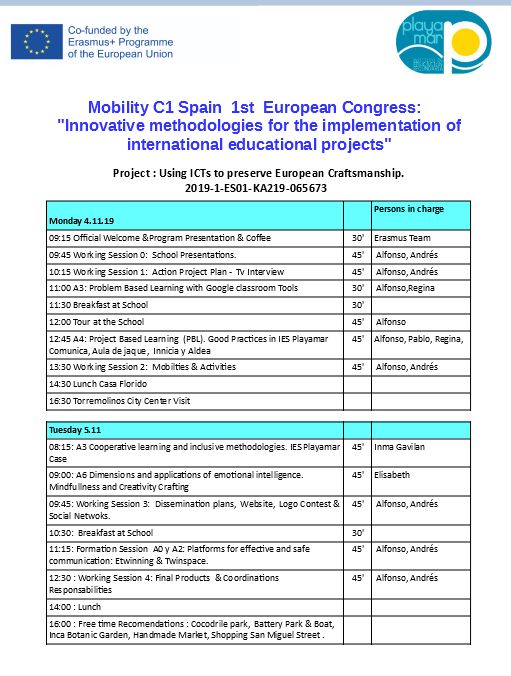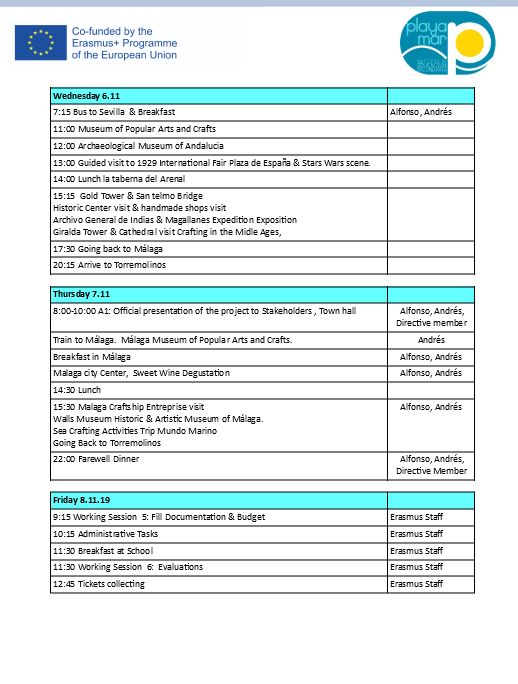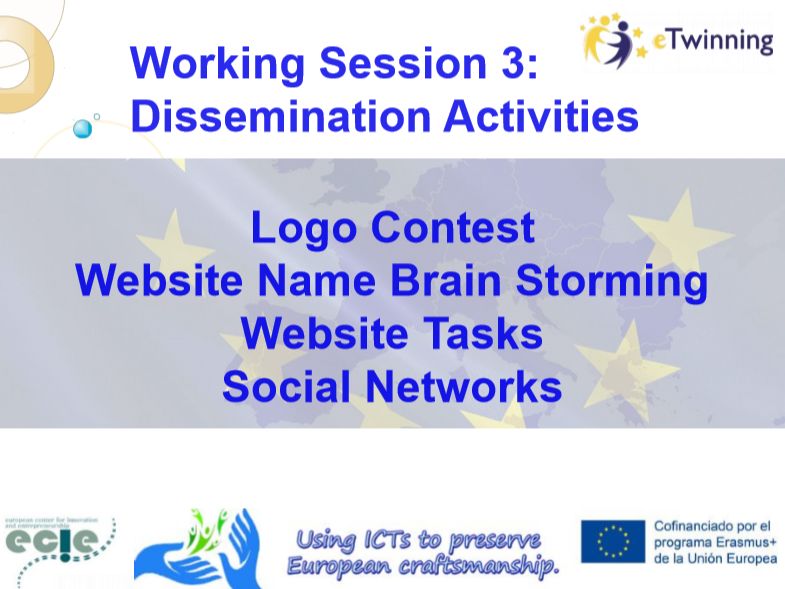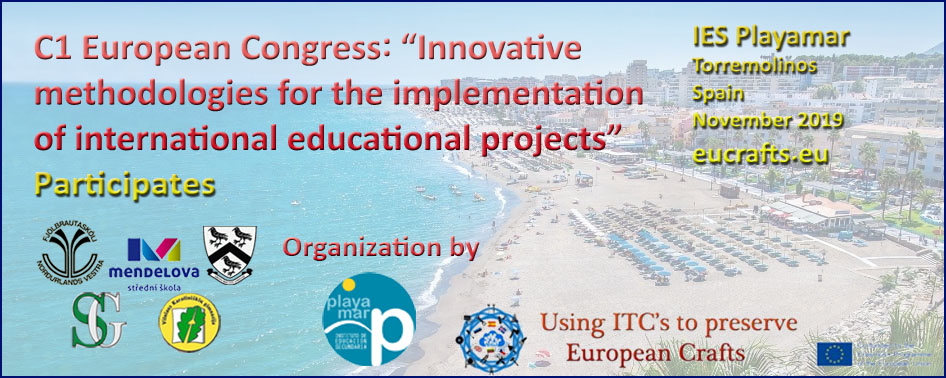Informations related to
Project Description
The traditional activity of artisans and artisans is part of that valuable European cultural heritage that we have to protect, promote and contribute to their future survival.
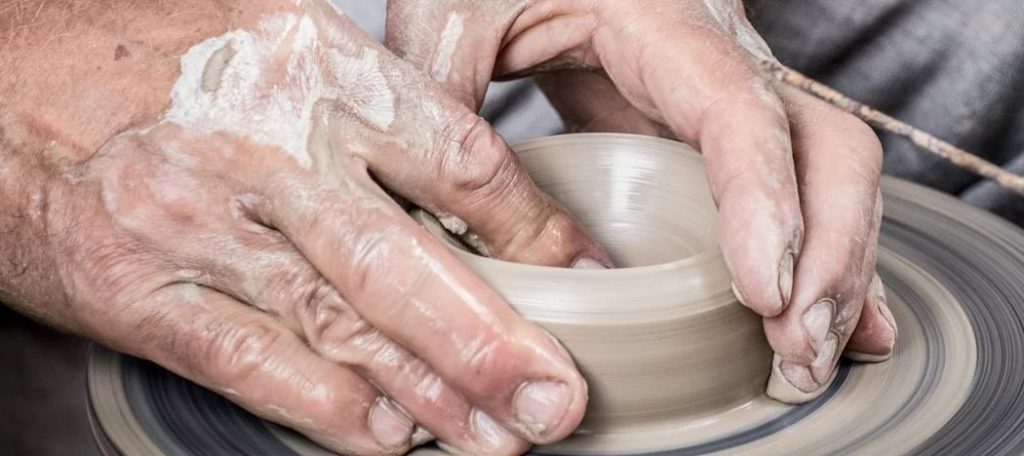
Handicrafts are an important source of job creation in Europe, but many of those professions are at risk of being lost. With our project we want, on the one hand, to help conserve and disseminate this ancestral knowledge about these artisan crafts, especially those that are in danger of disappearing. And, on the other, increase the employability of young people from the creation of start-up linked to the application to these trades of virtual reality and 3D printing.
We intend to contribute to new generations detecting entrepreneurship opportunities in this sector of European crafts, so that they generate value and, as their ancestors did, can continue to live on it. The project must be financed because:
1) We work explicitly, and in a main way, some of the European priorities in our national context of this 2019 call: on the one hand, the European cultural heritage, because handicraft is our central theme. And on the other, social inclusion, because we intend to eliminate gender stereotypes in relation to access to certain craft trades through activities that will help address gender diversity and equality.
2) Our project arises from the detection of specific and relevant needs detected after the application, by partner schools in their respective environments, of the SWOT analysis. The conclusions were unanimously shared by all. As regards the “Threats”, we agree to point out the loss of employment and cultural heritage that resulted in the disappearance of artisan crafts.
The main “Weakness” identified was the difficulty of our graduated students to find a job that, in part, was due to the need for a greater connection of the educational competences we work in relation to those required by the companies in our environments. We agree that the solution to the needs found were:
a) Only with the endogenous development of the territories where our centers are inserted would these problems be solved.
b) If we wanted to contribute to the above, we need to deepen our relationships to conserve and promote these craft trades and, at the same time, collaborate for the joint detection of entrepreneurship opportunities offered by the handicraft sector at European level.
3) Because it is innovative in relation to the exchange of good experiential practices that will affect the adoption of new teaching performance guidelines.
More information about the project in the following links
Saku Gümnaasium Estonia
The Saku Gümnaasium school is located in Saku (Estonia). It is a public center of secondary education. We have two buildings. We have 1315 students between the ages of 12 and 20, and 92 teachers. Our center is structured in the following areas of knowledge: Art and History, Science, Technology, Information Technology and Languages.

We promote and support varied extracurricular activities for the development of our students: we teach courses in ceramics, carpentry, joinery and folk songs. Which allows us to collaborate and involve artisan associations in the area. Some of these workshops are taught by members of these associations. At the end of them we organize local competitions.
This is the Website https://www.saku.edu.ee/
. We are convinced that, with this project, our teachers will acquire key competences in the field of: collaboration; teamwork; planning; organization; management; communication and a number of very important social skills that will be decisive not only for the successful implementation of the project but will remain in our school and help us modernize it. The motivations we had to participate in this association were several. On the one hand, we think that it aligned with our idea of preserving our cultural and natural heritage. On the other, that solved a lack that we have, but that we want to correct with this project, because we would like to learn in areas linked to new technologies (3D printing and virtual reality).
Where is Saku Gümnaasium Estonia?
The rationale is that at the dawn of the fourth industrial revolution we have to provide our students with the ICT tools and business skills necessary to survive, but at the same time, we must preserve ancestral trades that are at risk of disappearing due to globalization. . We believe that the proposal of this Erasmus project to integrate ICTs into these trades, to make them more competitive, is a way to preserve them and ensure their survival.
Our educators have the following experiences and capacities with which they contribute to the project: – We have a powerful department in plastic arts and crafts. – Our experience in networking (we collaborate with artisan associations in the area and organize competitions and fairs with them). We developed a network with the local circle of artisans in a local project that we lead on “multiculturalism and ethnography: past and future”. – The rest of the team is very active, participatory and with a high level of English. – We contribute to this consortium our experience in natural, cultural and historical heritage conservation programs.
Fjölbrautaskóli Norðurlands Vestra
Fjolbrautaskoli Nordurlands vestra (FNV) has 506 students, it is a comprehensive high school in northwestern Iceland. It is located in Sauðárkrókur, which has a population of 2,598 inhabitants. FNV offers a wide variety of vocational programs. Specifically in Art, Computer Science, Carpentry and Paramedicine.

This is the web site of the school http://www.fnv.is/
We also have distance training courses. The students are between 12 and 20 years old. The social life in the school is very good, we have several social clubs for students. In addition to Icelandic we teach Danish, English, German and French. We have a “Fablab” inside the school in cooperation with the town hall.
The Fablab is equipped with several 3D printers and the staff is willing to help teachers and students learn. MOTIVATION We want to continue with our internationalization project that we started in 2016. We have introduced it in our Annual Plan. The main motivation for the FNV to get involved in the project is that we are aware of the importance of educating students in programming for the 21st century.
Where is Fjölbrautaskóli Norðurlands Vestra?
Our school is working on the implementation of programming as part of our curriculum. In Fjolbrautaskoli Nordurlands vestra (FNV) there are some programming courses, but they have been offered as part of the electronics studies. In our environment there are many craft trades that are being lost, which forces our young people to leave our town and go to Reykjavik. We want to create the necessary circumstances to help our students to have business opportunities and avoid depopulation of our people. We are excited about this Erasmus project the possibility of helping to preserve those ancestral trades, which require artisanal skills, through the use of technology. For us, we think it is the key to the survival of our beautiful people.
Our educators have the following experiences and capacities with which they contribute to the project: – We have been working with 3D students for years to solve social problems and we have a network of companies involved in our workshops and activities. -All the teachers involved have the technical knowledge, skills, administrative support and sufficient experience to successfully execute all aspects of this project. Our strengths are consistent and aligned with the achievement of the objectives of this project.
Mendelova střední škola
Mendelova High School in Nový Jičín (Czech Republic) has 823 students and 84 teachers. The objectives of our multiannual plan are to promote methodological change based on ICTs (programming), the resolution of social problems with 3D printing and enhance entrepreneurship based on the opportunities of our cultural heritage.
This is the website of the school https://www.mendelova-stredni.cz/
The main motivation is the interest of our school for the conservation of historical and cultural heritage from the promotion of social enterprise. Help our students to detect opportunities for entrepreneurship in the European sector of art, crafts, protection and promotion of cultural heritage.
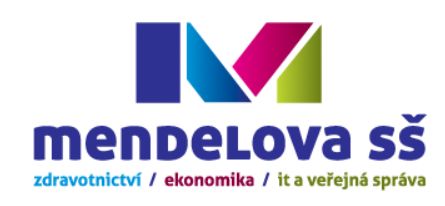
In addition, Nový Jičín is located in the Moravskoslezský region, one of the weakest economically in the republic. However, it is surrounded by many artisanal businesses of great cultural value that are in the process of disappearing because they cannot compete in a globalized world. They are the great forgotten public policies. Finally, an additional reason to participate in this project is to offer our students the chance to see other realities. We want them to learn to open their minds. Our school belongs to a small town located in a remote area north of Moravia, in an increasingly global world, this project, in addition to the skills and the change in methodology that will mean for the school, will help us get them out of their environment endogamic.
Where is Mendelova střední škola?
The main potential and capabilities of the center for the project are: 1) Its multilingualism. At school we teach five languages: English, German, Spanish, French and Russian. This fact is of great relevance for the project, with a view to the translation of the final materials in several languages. Some of their teachers use the CLIL teaching methods.
The school has been accredited to take the ECDL test.
2) We have three higher education training cycles (Administration and companies, ICT and health).
The first two will be of great help to detect entrepreneurial opportunities from the use of virtual reality in European crafts, for example, creating audio guides made with virtual reality with the students to preserve the knowledge of craft crafts at risk of disappearing. 3)
The center equipment. The school building is very well equipped. It has 9 computer labs, 2 tablet labs, 10 interactive whiteboards, 3D printers, etc. All staff have a high level of English and extensive experience in international projects (Comenius, Leonardo, Erasmus +).
Vilniaus Karoliniškių Gimnazija (Lithuania)
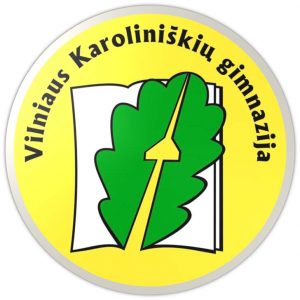
The Vilnius Karoliniskes gymansium school is located in Vilnius, Lithuania. Our students are between 15 and 19 years old. We have 678 students and 61 teachers. We are a multilingual center specialized in contemporary languages (English, French, German and Russian).
The School cooperate closely in various transversal programs with the Technical University of Vilnius Gediminas. We have a powerful network of national contacts with cultural and craft organizations.
This is the website http://www.vkg.vilnius.lm.lt/vkg/
The Organization have a deep knowledge of the business reality of the environment because a high percentage of teachers combine their teaching work with work in companies. Our educational center has its own strategic plan for the next ten years synthesized in two objectives: -Internationalize the curriculum. -Prepare young people for university and the world of work.
Where is Vilniaus Karoliniškių Gimnazija?
The Organization is interested in participating in this project because it is aimed at preserving and promoting our cultural heritage. In our school some subjects, such as history, literature, arts and crafts have contents closely linked to Baltic ethnoculture. The Organization is concerned to maintain, and we are concerned with preserving, our own national uniqueness as part of the valuable European cultural heritage. This project gives us the opportunity to show it to the rest of Europe.
Our School contribute our experience in international projects and the opportunities that our natural and artisanal heritage offers for entrepreneurship.
Vilniaus Karoliniškių Gimnazija participate in a national project based on multiculturalism. That helped us to create an important network of cultural organizations that we can offer to this consortium. Our staff is composed of creative, very organized and responsible people. Our main contributions to this project are our experience in networking, multilingualism and the availability of families to welcome and share their knowledge.
Our center is one of the first organizing schools of handicraft fairs in our country. Other skills and knowledge of the key people of our team for this project is that they have been tutors of teachers in secondary schools, tutors for the pedagogical training of university students who aspire to be future teachers, authors of textbooks and other curricular materials to The artistic area. The high level of English of our entire team will guarantee a smooth communication so that collaborative work is effective.
Fulston Manor School Sittingbourne
Fulston Manor School is a comprehensive mixed school in Kent. The total number of students is 1,300 and has a staff of approximately 80 teachers. Our program covers the age range of 11 to 18 years and offers a diverse curriculum: Humanities, Sciences, Law, Economics and Business, Art and Design, Music and Performing Arts, ICTs. Our students from the beginning of their training carry out internships in companies. A large number of them finally stay working on them.
The website is : https://www.fulstonmanor.kent.sch.uk/
The main motivation is the seamless support of management for the Erasmus + program. He considers it an opportunity for students to broaden their horizons by working in an international context. With our participation in this project we want to start a new form of education aimed at: – Increasing the participation of young people and families in the life of the school. – The creation of a more inclusive school. – Foster a better teaching / learning context at school.
Where is Fulston Manor School? in Sittingbourne, Kent, South of United Kingdom.
https://goo.gl/maps/QZjxi96N21y3KvvQ8
The school is a reference center for educational innovation in professional training in business both nationally and internationally. Regarding the main strengths of the teaching team involved in the project : Experience in the coordination of international projects, Excellent business and business department. great computer facilities.
The School work with an innovative digital virtual reality software. – Excellent photographic installations – filming and recording. – The school’s designated specialty is in Business and Business. Ease of access to major craft markets in London and Kent. – The school has managed to disseminate in previous Erasmus projects. –
In addition to being highly qualified in areas of high added value for the project, the team of teachers has experience in the business world and mastery of at least three official languages of the EU.
Working Session 3: Dissemination plans, Website, Logo Contest & Social Netwoks.
The Third Working Session of C1 Mobility was make at Thursday 4, of november 2019
In his working session many questions were resolved
- Dissemination plans
- Website
- Logo Contest
- Social Netwoks.
0. Dissemination plans
We establish that the project must appear in the center, in the website of the center and that the social network of the center should annunce the participantion in this event
Also we Agreed that every school should make Dissemination plans in the local media and authorities.
1. Website name
Between many options it was voted
www.eucrafts.eu
which is the actual website
2. Logo Contest
Each country presented many logos

Iceland 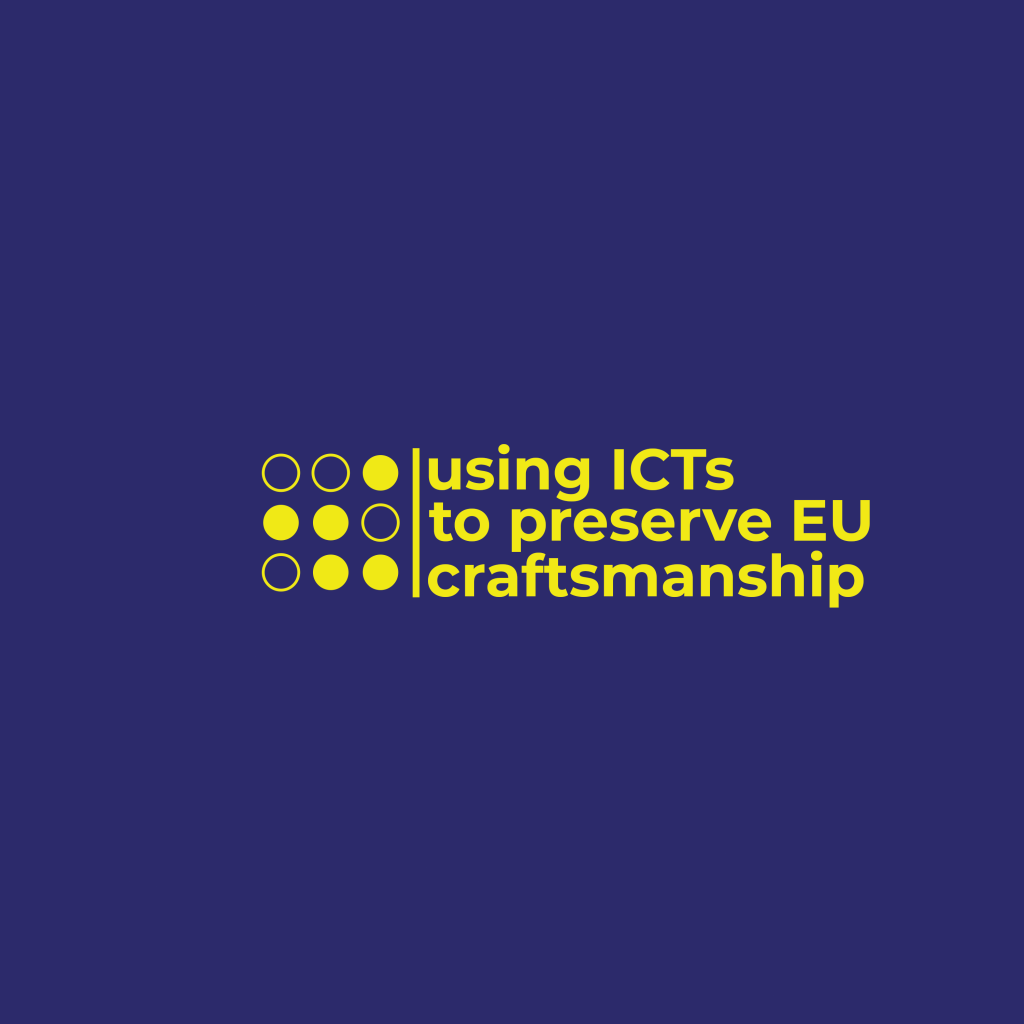
Iceland 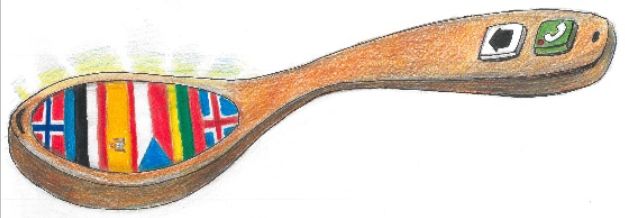
Estonia Logo 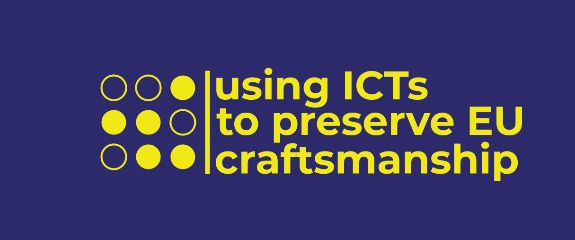
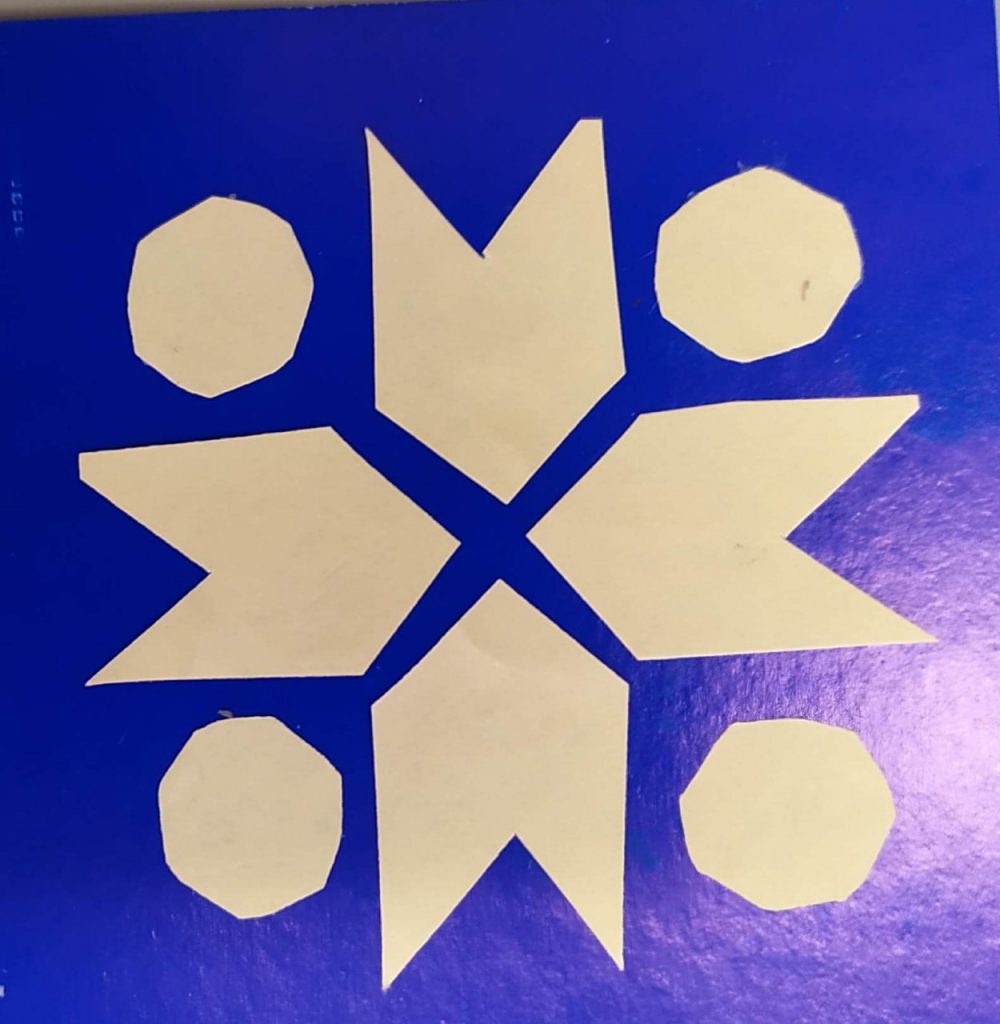
Lithuania Logo 
Lithuania Logo 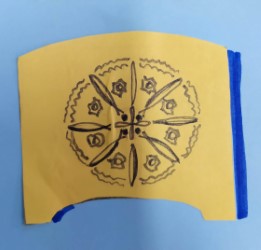
Lithuania Logo 
Czech R. Logo 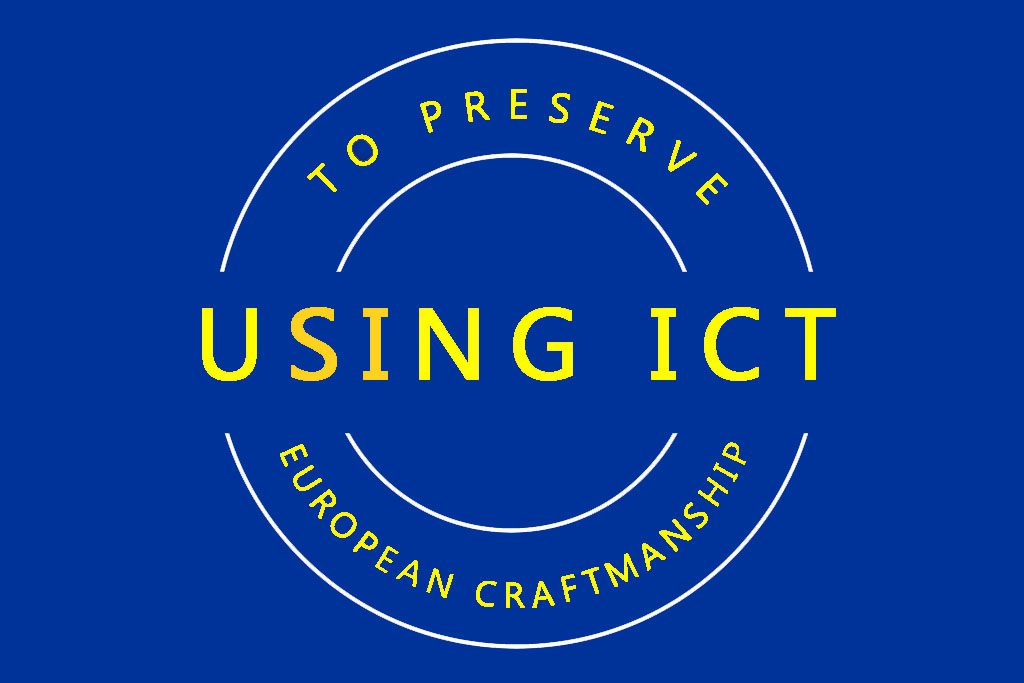
Czech R. Logo 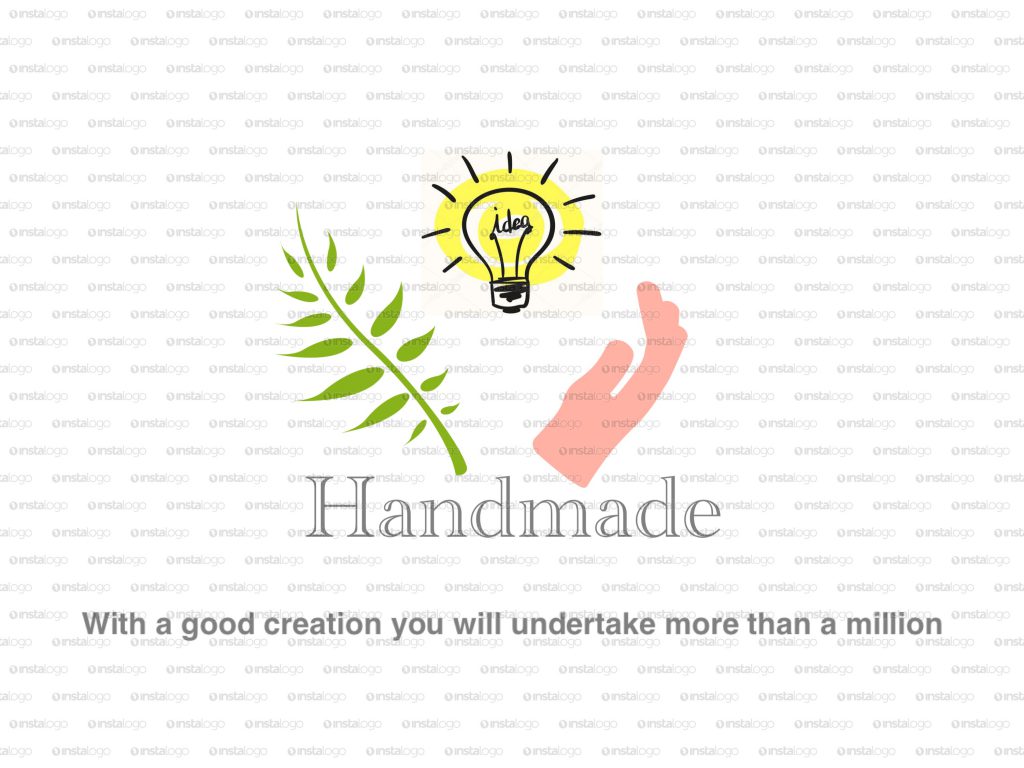
Spain Logo 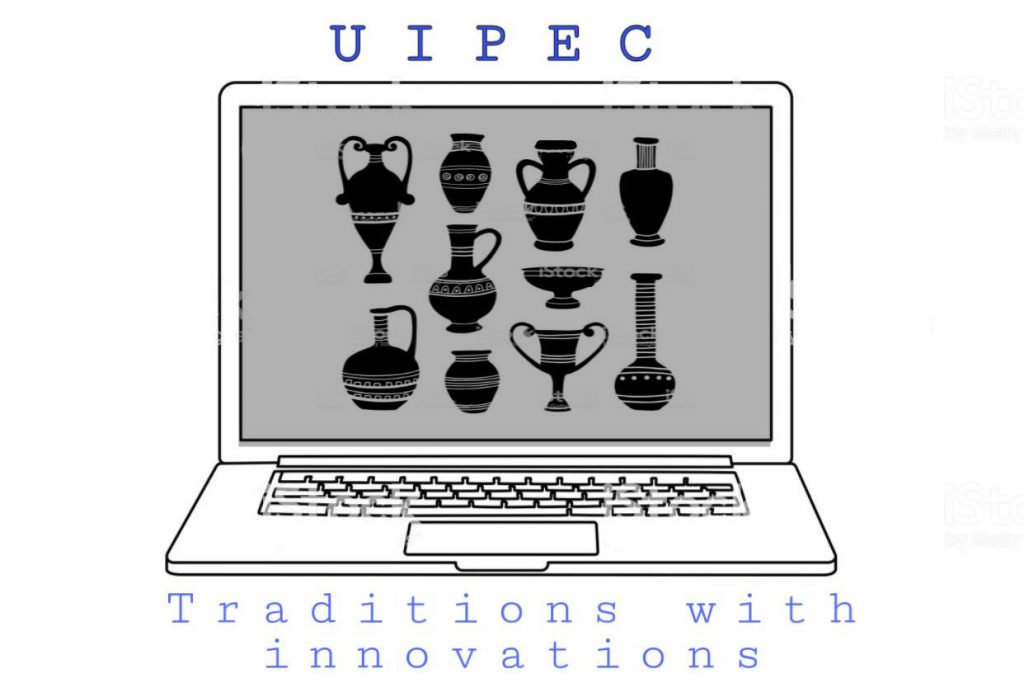
Spain Logo 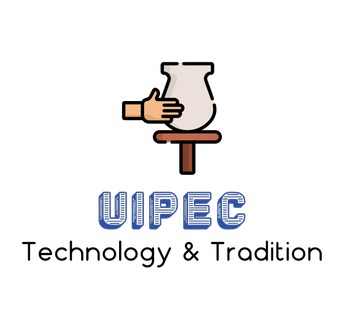
Spain Logo
The Winner was this one from Czech R.

3. Social Networks
We establish that we will work in the Social network which is nowadays the more used by students :
Instagram : @EuCraftsErasmus
EuCrafts in Torremolinos Tv
Our project patners were interviewed on Torremolinos Tv, we can see this interview here from minute 9
https://torremolinostv.com/informativo-5-noviembre-2019/
We have also uploaded to Youtube.
Working Session 0: School Presentations
The Working Session Cero was held in ies playamar in C1 Mobility at Monday 4, of november 2019 intended to explain the development of the planning of this mobility and to present each school to others.
Each Coordinator of the school presented its centers and town. Also The relation with the Craftmanship in their region.
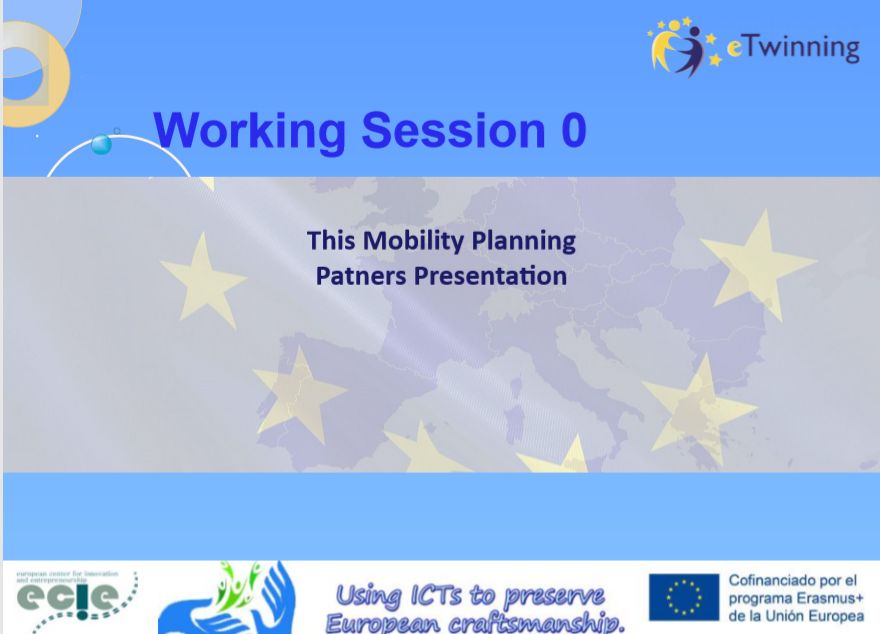
You can see the presentation here
Mobility C1 Spain – European Congress: “Innovative methodologies for the implementation of international educational projects”
This Mobility C1 Spain Has been configurated as the 1st European Congress: “Innovative methodologies for the implementation of international educational projects” of the Project : Using ICTs to preserve European Craftsmanship. with code 2019-1-ES01-KA219-065673
In this congress Teachers from the diffents schools of the erasmus project and students of the IES Playamar participated in the following activities : cultural activities, formation sessions , Working Sessions.
You can download the pdf document here
| Monday 4.11.19 |
| 09:15 Official Welcome & Program Presentation & Coffee |
| 09:45 Working Session 0: School Presentations. |
| 10:15 Working Session 1: Action Project Plan |
| 11:00 A3: Problem Based Learning with Google classroom Tools |
| 11:40 Torremolinos Tv Interview |
| 12:00 Tour at the School |
| 12:45 A4: Project Based Learning (PBL). Good Practices in IES Playamar Comunica, Aula de jaque, Innicia y Aldea |
| 13:30 Working Session 2: Mobilties & Activities |
| 14:30 Lunch Casa Florido |
| 16:30 Torremolinos Heritage Historical Visit |
| Tuesday 5.11 |
| 08:15: A5 Cooperative learning and inclusive methodologies. IES Playamar Case |
| 09:00: A6 Dimensions and applications of emotional intelligence. Mindfullness and Creativity Crafting |
| 09:45: Working Session 3: Dissemination plans, Website, Logo Contest & Social Netwoks. |
| 10:30: Breakfast at School |
| 11:15: Formation Session A0 y A2: Platforms for effective and safe communication: Etwinning & Twinspace. |
| 12:30 : Working Session 4: Final Products & Coordinations Responsabilities |
| 14:00 : Lunch |
| 16:00 : Free time Recomendations : Cocodrile park, Battery Park & Boat, Inca Botanic Garden, Handmade Market, Shopping San Miguel Street . |
| Wednesday 6.11 |
| 7:15 Bus to Sevilla & Breakfast |
| 11:00 Museum of Popular Arts and Crafts |
| 12:00 Archaeological Museum of Andalucia |
| 13:00 Guided visit to 1929 International Fair Plaza de España & Stars Wars scene. |
| 14:00 Lunch la taberna del Arenal |
| 15:15 Gold Tower & San telmo Bridge Historic Center visit & handmade shops visit Archivo General de Indias & Magallanes Expedition Exposition Giralda Tower & Cathedral visit Crafting in the Midle Ages. |
| 17:30 Going back to Málaga |
| 20:15 Arrive to Torremolinos |
| Thursday 7.11 |
| 8:00-10:00 A1: Official presentation of the project to Stakeholders , Town hall |
| Train to Málaga. Málaga Museum of Popular Arts and Crafts. |
| Breakfast in Málaga |
| Malaga city Center, Sweet Wine Degustation |
| 14:30 Lunch |
| 15:30 Malaga Craftship Entreprise visit Walls Museum Historic & Artistic Museum of Málaga. Sea Crafting Activities Trip Mundo Marino Going Back to Torremolinos |
| 22:00 Farewell Dinner |
| Friday 8.11.19 |
| 9:15 Working Session 5: Fill Documentation & Budget |
| 10:15 Administrative Tasks |
| 11:30 Breakfast at School |
| 11:30 Working Session 6: Evaluations |
| 12:45 Tickets collecting |
